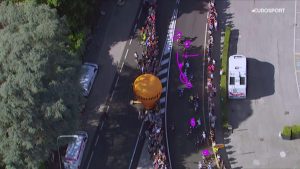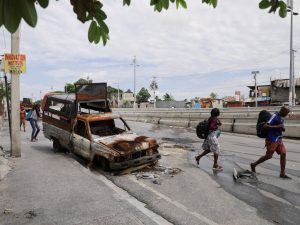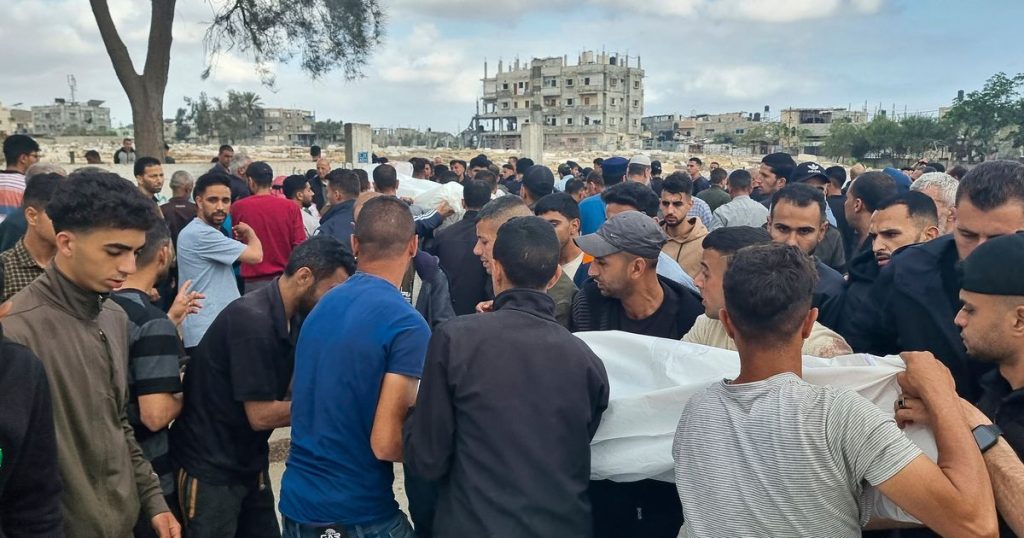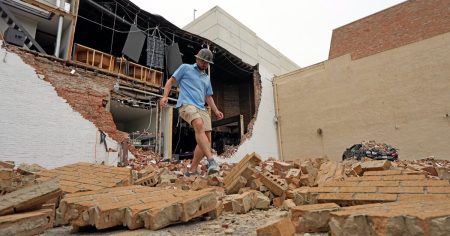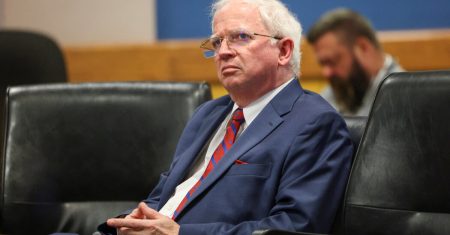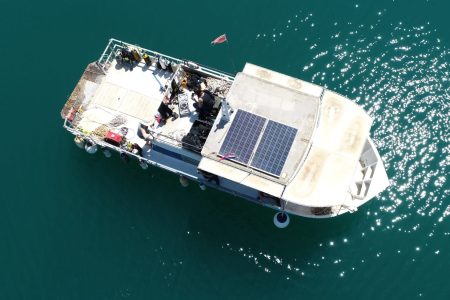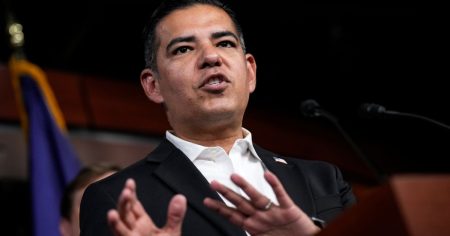Israeli Prime Minister Benjamin Netanyahu has pledged to launch an incursion into the southern Gaza city of Rafah to destroy Hamas’ battalions, with or without a cease-fire agreement. This move is part of Israel’s goal to achieve “total victory” in the ongoing war with the militant group. Netanyahu’s government is under pressure from nationalist partners to take action in Rafah, which is seen as Hamas’ last major stronghold.
Negotiations for a cease-fire agreement between Israel and Hamas are ongoing, with the aim of freeing hostages and bringing relief to the besieged Palestinians in Gaza. However, Netanyahu has made it clear that the war will not end until all of Israel’s goals are achieved. The Prime Minister’s refusal to halt the war in exchange for the release of hostages has caused concern among the international community, including Israel’s top ally, the U.S., over the potential impact of an Israeli incursion on the civilian population in Rafah.
More than half of Gaza’s 2.3 million population are currently seeking shelter in Rafah, heightening fears of a humanitarian crisis should Israel carry out its planned offensive in the city. Netanyahu’s government faces internal pressures from hard-line Cabinet members who are calling for action in Rafah following Hamas’ attacks on Israel that triggered the conflict. The Prime Minister’s decision on whether to proceed with the incursion could have significant implications for his government’s stability, as hard-line partners are demanding a tough stance against Hamas.
Netanyahu’s determination to launch an offensive in Rafah highlights his commitment to ensuring Israeli security and taking decisive action against Hamas militants. The war between Israel and Hamas has been ongoing for seven months, with both sides engaged in negotiations for a possible cease-fire agreement. The international community has been closely monitoring the situation, as calls for protecting civilians in Rafah and finding a peaceful resolution to the conflict continue to be voiced.
Despite the ongoing negotiations, Netanyahu’s government remains firm in its stance that a cease-fire agreement will not be accepted until all of Israel’s goals are met. The possibility of an Israeli incursion into Rafah looms large as the Prime Minister emphasizes the need to eliminate Hamas’ battalions in the city in order to achieve a “total victory” in the war. The situation in Gaza remains precarious, with significant implications for the region’s stability and the well-being of its civilian population as the conflict continues to escalate.
As the war between Israel and Hamas persists, the decision on whether to launch an offensive in Rafah remains a key point of contention. Netanyahu’s government faces internal and external pressures as it navigates the complexities of the conflict, with the ultimate goal of securing Israel’s safety and eliminating the threat posed by Hamas militants. The outcome of the negotiations and any potential military action in Rafah will have far-reaching consequences for both the immediate situation in Gaza and the broader geopolitical landscape in the region.

